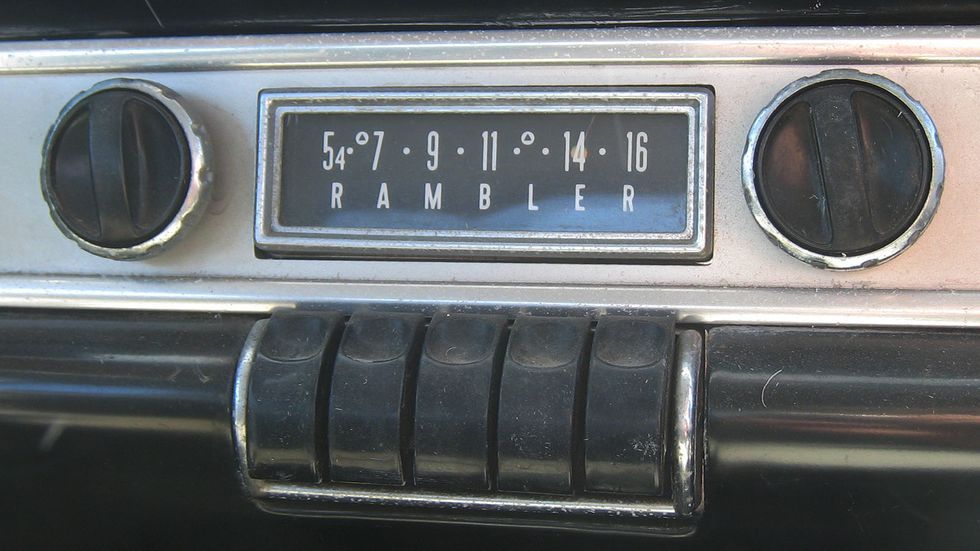Justice Served?
August 27, 2021
An assassin died in July almost without notice. His death wasn’t reported until a month after, and by only one newspaper, the Observer-Reporter of Washington County, Pennsylvania. This followed the discovery of his death by a prosecutor writing a rebuttal to the assassin’s request for clemency.
Paul Gilly, 88, was one of three men who killed Joseph, Margaret, and Charlotte Yablonski, on New Year’s Eve, December 31, 1969. He was the last of his fellow shooters and conspirators to die. All but forgotten today, the murders drew national attention when they occurred. Joseph “Jock” Yablonski was a candidate for president of the United Mine Workers of America and lost the election to incumbent Tony Boyle earlier in the month. He campaigned against Boyle’s long-time heavy-handed leadership that was more about protecting the interests of mine owners than it was about protecting coal miners. Boyle ordered the hit before the election, but it wasn't carried out until after.
Gilly and his two accomplices, Buddy Martin and Claude Vealey, shot all three of them as they lay in bed. The bodies weren't discovered until six days later by Jock's son, Kenneth, and his friend William "Bill" Stewart. The three killers were convicted in 1972, and the conspirators followed, with Boyle's conviction in 1974. Between the murder and Boyle's arrest in September 1973, the Department of Labor ordered a new election, and Boyle lost to reform candidate Arnold Miller in 1972. Miller was a weak leader and had a tumultuous reign. But during his presidency the union became more democratic for its members, advanced health and safety measures, and got compensation for miners who suffered from pneumoconiosis, commonly known as black lung disease.
The 1976 documentary, Harlan County, USA, included a segment on the murders, and HBO produced a 1980 movie, Act of Vengeance, based on the book of the same name, about the killings. In the film, Wilford Brimley played Tony Boyle, and Charles Bronson was Jock Yablonski.
The murders and the subsequent investigation, arrests, and trials were prominent stories in Washington County, Pennsylvania, where they occurred, and where I lived at the time. Coal mining was in my family. My paternal grandfather, Joseph Strupek, worked above ground in a coal processing plant, and my maternal grandfather, Joseph “Abe” Toth, worked underground in the mines. Joe Strupek died of lung cancer years before I was born. Abe left the mines in the 1950s and was diagnosed with black lung disease decades later. He received compensation for the illness thanks to the Miller era reforms. My great uncle was Bill Stewart, who, with Jock's son, discovered the murdered bodies.
Naturally, I followed the case over time, reading Act of Vengeance and watching the documentary and HBO movie. Recently I listened to the audio version of the book Blood Runs Coal: The Yablonski Murders and the Battle for the United Mine Workers of America, nominated for the 2021 Edgar Allen Poe Award for Best Fact Crime. In an eerie coincidence, I was listening to the book when my wife, visiting her mother in Washington County, texted me and told me about Gilly's death. I asked her to bring the Observer-Reporter pages home.
Even though the story was available online, I thought it fitting to read about it in the hard copy version of the newspaper where I followed the case's progress decades ago. Gilly was asking for clemency at the time of his death, claiming that after spending nearly 50 years in prison, anything he did on the night of the murders had been "adequately paid for." The prosecutor disagreed and said, “It would not be hyperbole to state that Mr. Gilly was involved in one of the most heinous, cruel and evil acts of premeditated murder for hire in the history of the Commonwealth.” The family’s reaction to his death were two simple words. Good riddance.
The clemency will never be ruled on, but Gilley might have received an answer to the plea that he adequately paid for his crime. In the opening of Harlan County, USA, a miner shouts, "Fire in the hole." A warning that an explosion is about to take place in the mine.
I like to think that on his death, Paul Gilley faced the final arbiter of justice and experienced his own fire in the hole.
Like what you read?
Subscribe to my mailing list and get notifications to your inbox when my next blog post goes live.
Contact Us
More By Joe



